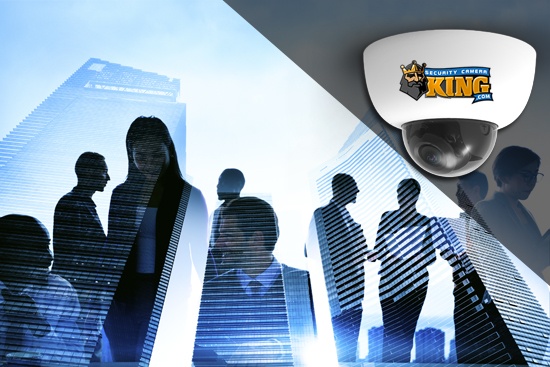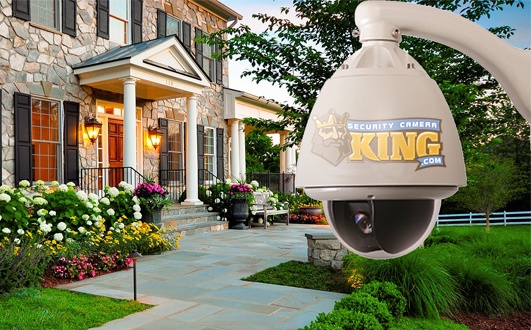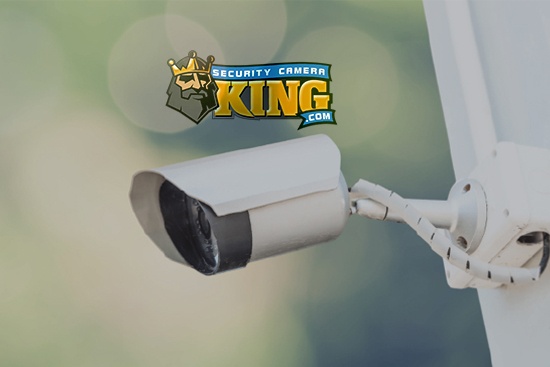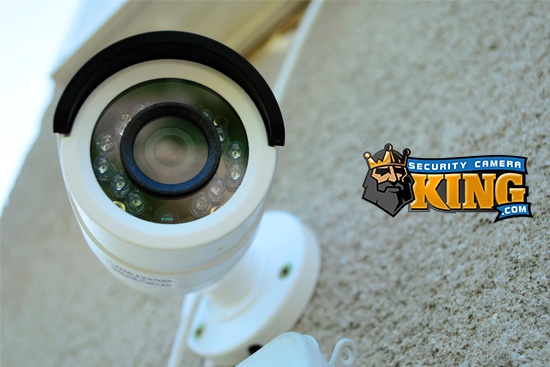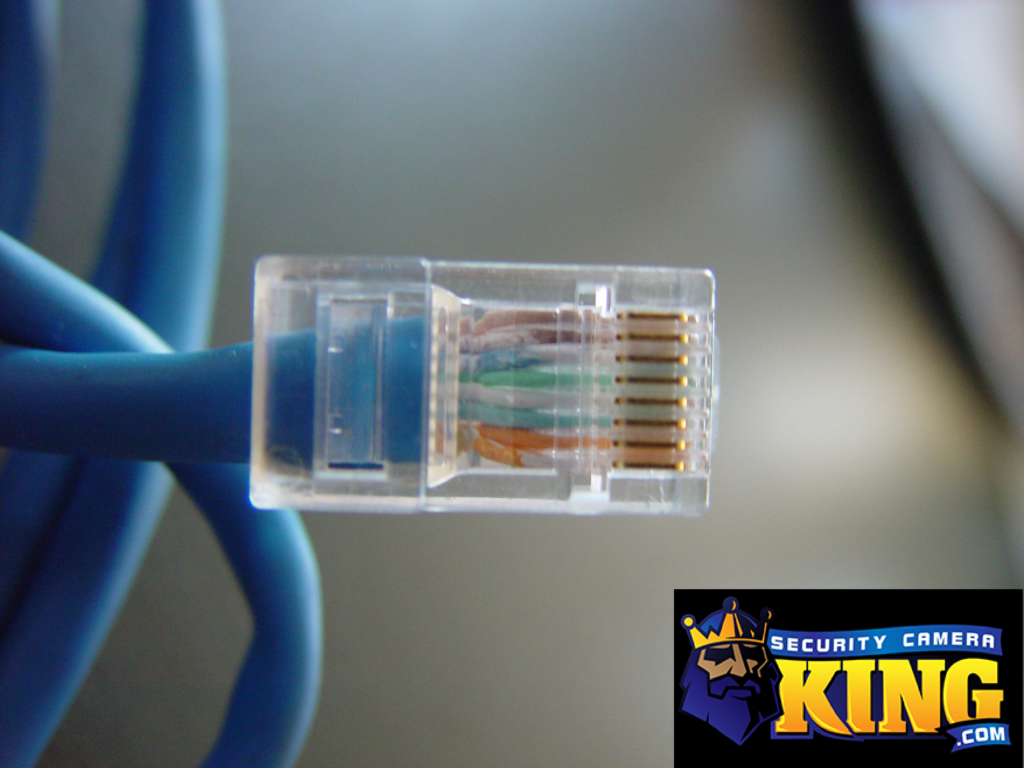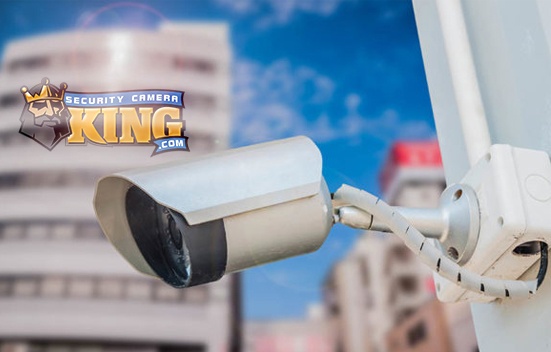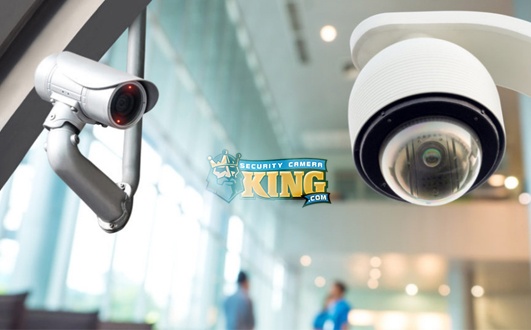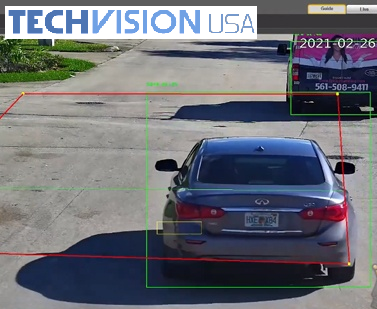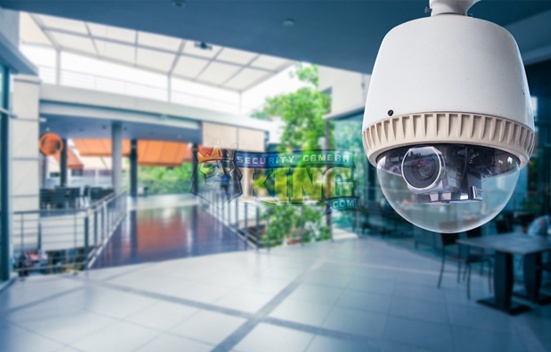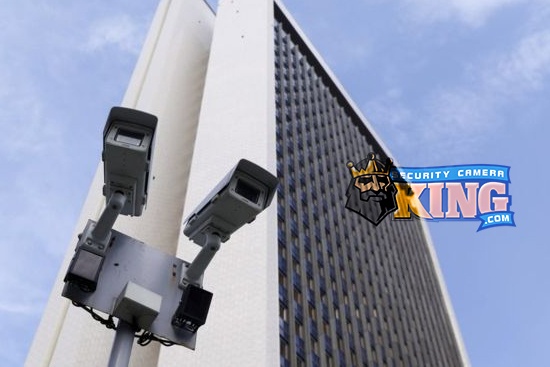 Amendment 64, the Colorado Marijuana Law is a stepping stone to the federal legalization of marijuana. This amendment, adopted in 2012 for Colorado, legalizes the recreational use of marijuana. In 2012, Colorado was one of the two states to entertain the idea of the legalization of marijuana; Washington being the other. These two states did not have much time to get these amendments adopted. In Colorado, there was a task force given the task of making this happen. The job of the task force was to resolve all the issues surrounding this gray area. Not to mention, they had to give proposals of how they could effectively execute this in order for the amendment to be adopted into Colorado law. This is how all the rules and regulations surrounding this law came to be, such as the law stating the proper way you must use security cameras to monitor your facilities, as well as the access control laws for doors and securing grow sites. There are plenty more laws to go through and they are due to this task force, and we should be thankful for them because, without them, we may still just be hoping for this to happen.
Amendment 64, the Colorado Marijuana Law is a stepping stone to the federal legalization of marijuana. This amendment, adopted in 2012 for Colorado, legalizes the recreational use of marijuana. In 2012, Colorado was one of the two states to entertain the idea of the legalization of marijuana; Washington being the other. These two states did not have much time to get these amendments adopted. In Colorado, there was a task force given the task of making this happen. The job of the task force was to resolve all the issues surrounding this gray area. Not to mention, they had to give proposals of how they could effectively execute this in order for the amendment to be adopted into Colorado law. This is how all the rules and regulations surrounding this law came to be, such as the law stating the proper way you must use security cameras to monitor your facilities, as well as the access control laws for doors and securing grow sites. There are plenty more laws to go through and they are due to this task force, and we should be thankful for them because, without them, we may still just be hoping for this to happen.
In simpler terms, what Amendment 64 does is legalize the recreational use of marijuana, as well as the retail sale of the product. None of this would be possible without the growing, which are legal now, however that does not mean you can drive around with a couple ounces of marijuana in your car. There are limitations, such as you may only have up to an ounce on your person, and you may only grow up to six plants in your home as long as they are in a locked enclosed space. Now, back to those restrictions I was speaking of. You must be 21 years of age or older to legally purchase, sell, and grow marijuana. Not to mention the licensing you will need to get started.
Now, there are a few steps that need to be taken in the subject of security cameras before you can be licensed. First of all, the applicant is required to install a fully operational DVR or NVR and security camera system. All of the recorded footage must be stored in a secured area which only management staff has access to. Legally, the recordings must be given to the proper authorities upon request. All equipment must be maintained so all the playback will be functional whenever it needs to be. In order to ensure this is being done, it is mandatory to have a notification system to notify management when the system may be interrupted. Every single one of our DVRs/NVRs have a buzzer that notifies you when there is no Hard Drive being detected. You can also navigate the menu system and configure the buzzer to go off when different things occur such as when your hard drive is full or when your unit loses network connectivity, and also if there is an IP conflict.
Placement of your cameras is dictated by this amendment as well. Any limited access area needs to be monitored, as well as point of sales (POS), security rooms, and every single point of incoming and outgoing traffic. That includes exits and also any rooms inside the facility. At every POS, your system must be able to clearly record the facial expressions of both the customer and employee. Also every place that the product is displayed for customers needs to be monitored as well. Exits need to be monitored from both inside and outside the building, that goes for all exits not just the main one. The system must be able to record clearly at any level of lighting. This just means your cameras must have IR or must at least see the IR. Number one rule is all of the equipment such as the DVRs/NVRs need to be in a separate room and this room must be limited access to management only. There are so many regulations that go into this, however there is not one of them that we can not meet here. This being said go ahead and call our sales experts and they will help you out in more detail about the law. They are experts. 866.573.8878.

